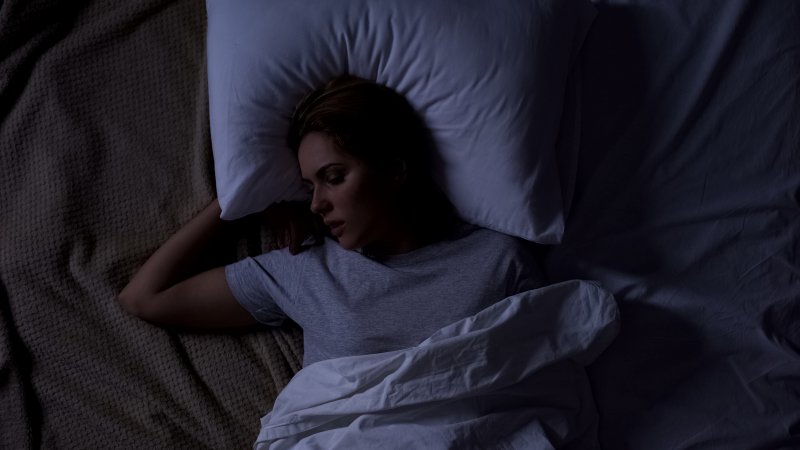
When going to bed, do you tend to sleep under the covers or on top of them? Do you have fans going? Are you the kind of person who cranks up the thermostat or do you prefer to keep it cool? All of these factors can play a role in your quality of rest. What you may not realize is that when you suffer from sleep apnea, the temperature in your bedroom can help or hinder your symptoms. Keep reading to learn how to keep this area comfortable so that you can get the sleep you need.
Why Temperature Regulation Matters with Sleep Apnea
When the body is too hot, it can cause you to wake up more often become of the discomfort you experience. Your body temperature will not drop like it is supposed to, resulting in interrupted sleep and fatigue the following day.
The body must be able to regulate a comfortable internal temperature to avoid things like heat stroke and hypothermia. While this may not be the concern when you go to bed each night, being too hot can take a toll on how well you sleep.
When your brain and body maintain a normal temperature, they’re able to function correctly. This is essential if you live with sleep apnea, especially since the brain must be able to notify the body of its ability to breathe should you experience an airway obstruction.
Ways to Keep Your Bedroom Temperature Comfortable
Maintaining a cooler temperature in your bedroom has its advantages. As you prepare for bed, your body will begin to cool down naturally – a factor that is essential for optimal sleep.
To ensure you create a problem-free, comfortable setting for getting the best rest, you’ll need to remember these helpful tips:
- Keep your curtains closed so that the heat from the sunlight does not filter into the room in the morning.
- Drink cold water to keep your body hydrated and your internal temperature down.
- Wear comfortable clothing, including lighter and loose pants/shorts and a shirt.
- Choose cotton or linen bedding to create a more comfortable sleep.
- Invest in a pillow or mattress that contains cooling features.
- Avoid strenuous activities or exercise before bed, as this will increase your core temperature and make it harder to fall asleep.
- Avoid alcohol before bed. Not only can it cause you to urinate more frequently, but you’ll also lose essential water. This can cause you to feel dehydrated and hotter.
Staying cool while living with sleep apnea is one of the most pivotal things to remember if you want to achieve better rest. By making a few adjustments to your bedtime routine, you can begin to fall and stay asleep much easier.
About the Practice
Westgate Dental Care offers sleep apnea treatment to individuals struggling to breathe throughout the night and who suffer from chronic daily fatigue. Using solutions that are proven effective, our team can also discuss ways to improve at-home lifestyle habits so that your bedtime routine is designed to ensure the best possible sleep. Visit our website or call us at (847) 908-3684 if you need treatment for sleep apnea.
